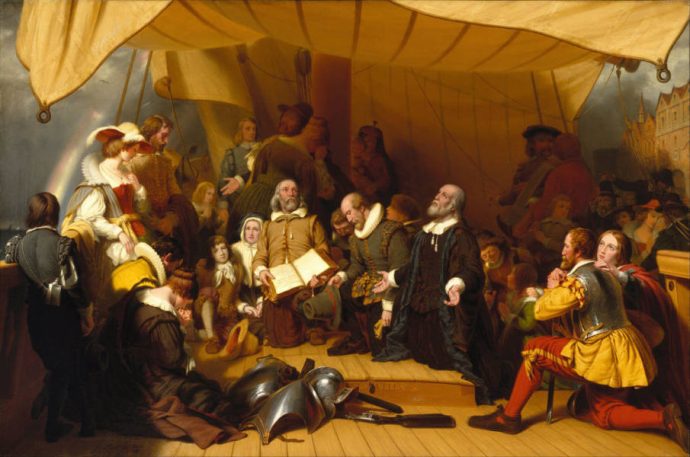Here’s the introductory sentence in the above titled post by Samantha Strayer: “Compare George Washington’s proclamation of a day for national thanksgiving with President Obama’s. You will find three notable differences.”
Here’s an excerpt:
Just as the status of a check-engine light speaks to the soundness of a vehicle, there are indicators throughout society that speak to the soundness of a nation. In a land as vast and populated as ours, with technological advancements once the sole province of science-fiction, it is nearly impossible to count such indicators.
But there is one — simple, short, and easy to read — that clearly reflects the spiritual health of the country: the annual Thanksgiving Day Proclamation.
First, a few clarifications are in order. Giving “thanks” is of course not unique to any particular group of people or geographic location, and expressions of gratitude can take many forms. What has become the American Thanksgiving holiday — aside from packed airports, creepy balloon parades, and political arguments — is really the amalgamation of several traditions: feasting in celebration of a bountiful harvest or military victory, and submitting to God through supplication and praise.
Proclaiming a Day of Thanksgiving
George Washington issued the first presidential proclamation on October 3, 1789, recommending all Americans to set aside November 26 as a “Day of National Thanksgiving.” He and his successors through James Madison issued similar proclamations, but only sparingly and at various times of the year. From 1815 through 1860 there were no thanksgiving proclamations whatsoever.
Not until October 3, 1863, the very same day Washington had done 74 years earlier, did the annual tradition begin.
Abraham Lincoln, who venerated Washington and often followed his example, began issuing proclamations his first year in office. But not until October 3, 1863, the very same day Washington had done 74 years earlier, did the annual tradition begin.Read more: The Federalist

